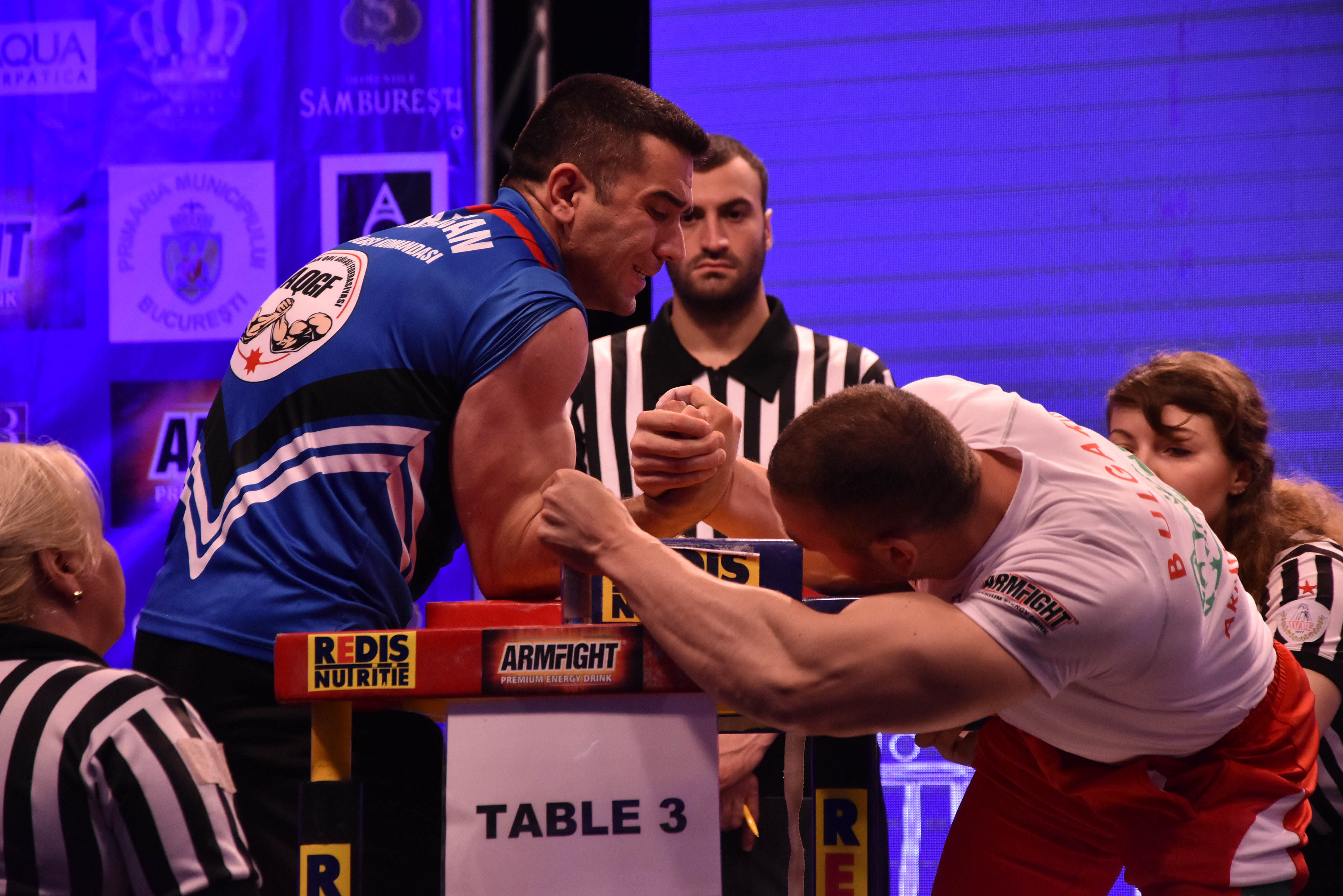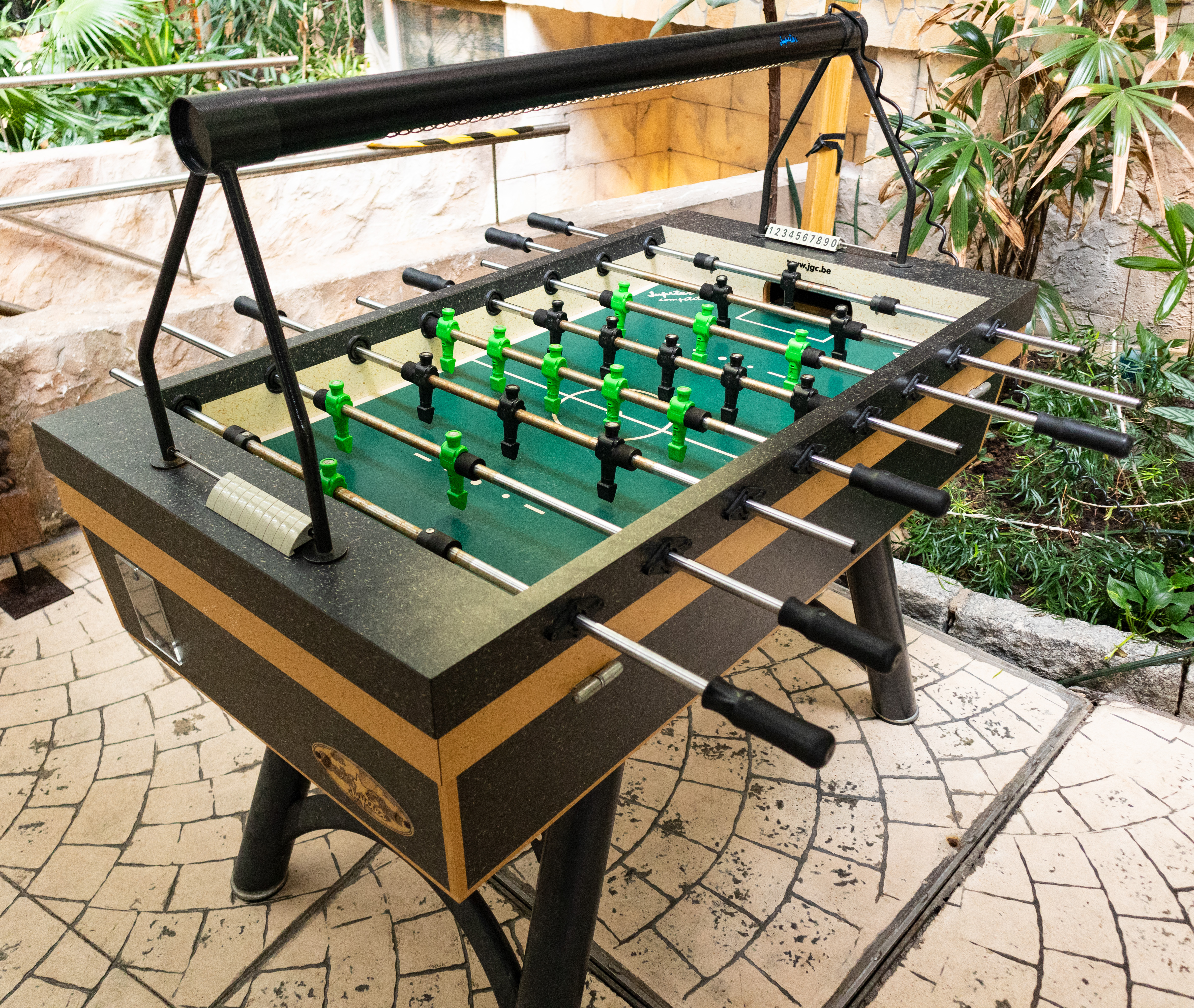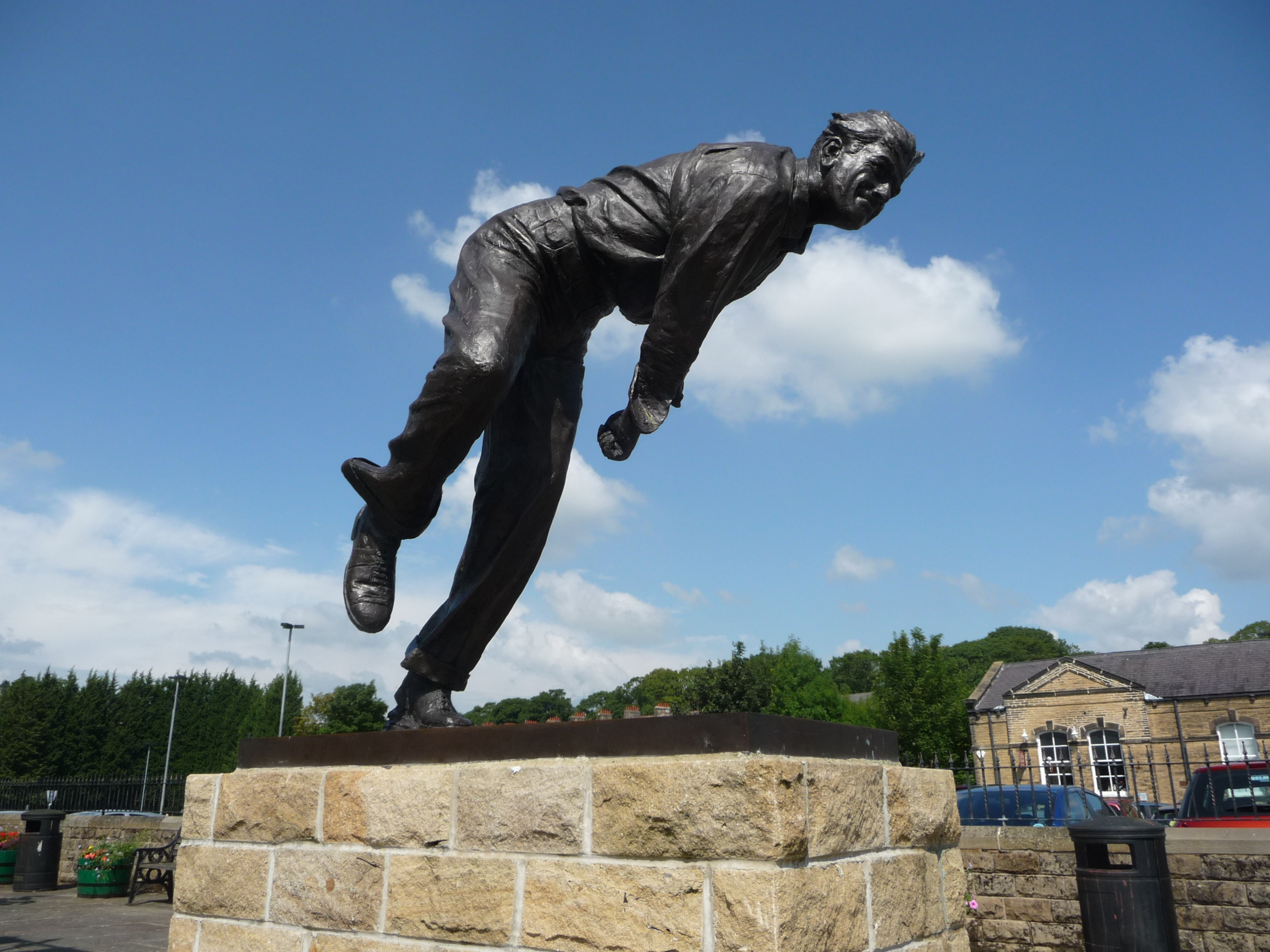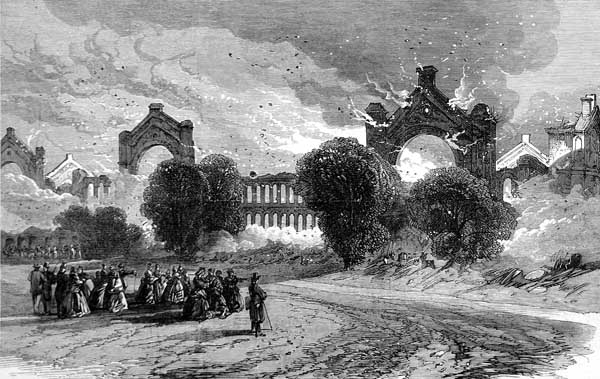|
Sid Waddell
Sid Waddell (10 August 1940 – 11 August 2012) was an English sports commentator and television personality. He was nicknamed the 'Voice of Darts' due to his fame as a darts commentator, and worked for Granada, Yorkshire, BBC and Sky Sports. Due to his joke telling skills he was also nicknamed the Thief of Bad Gags, firstly by Dave Lanning. He was nominated for two prestigious awards for his work, and published several books. Early life The son of a Northumberland miner, he attended King Edward VI School, Morpeth, and he went on to obtain a scholarship to St John's College, Cambridge, where he graduated with an upper second degree in Modern History. At Cambridge, Waddell played rugby for St John's, and the Cambridge University LX Club, the rugby second team. Injury brought him to darts and he started the inter-college darts competition. St John's lost in the final of this in 1961 to a team of trainee vicars from Selwyn College. Career Granada and Yorkshire Waddell wen ... [...More Info...] [...Related Items...] OR: [Wikipedia] [Google] [Baidu] |
Alnwick
Alnwick ( ) is a market town in Northumberland, England, of which it is the traditional county town. The population at the 2011 Census was 8,116. The town is on the south bank of the River Aln, south of Berwick-upon-Tweed and the Scottish border, inland from the North Sea at Alnmouth and north of Newcastle upon Tyne. The town dates to about AD 600 and thrived as an agricultural centre. Alnwick Castle was the home of the most powerful medieval northern baronial family, the Earls of Northumberland. It was a staging post on the Great North Road between Edinburgh and London. The town centre has changed relatively little, but the town has seen some growth, with several housing estates covering what had been pasture and new factory and trading estate developments along the roads to the south. History The name ''Alnwick'' comes from the Old English ''wic'' ('dairy farm, settlement') and the name of the river Aln. The history of Alnwick is the history of the castle an ... [...More Info...] [...Related Items...] OR: [Wikipedia] [Google] [Baidu] |
Michael Parkinson
Sir Michael Parkinson (born 28 March 1935) is an English broadcaster, journalist and author. He presented his television talk show '' Parkinson'' from 1971 to 1982 and from 1998 to 2007, as well as other talk shows and programmes both in the UK and internationally. He has also worked in radio. He has been described by ''The Guardian'' as "the great British talkshow host". Early life Parkinson was born on 28 March 1935 in the village of Cudworth, near Barnsley, then in the West Riding of Yorkshire (since 1974 included in the new metropolitan county of South Yorkshire). The son of a miner, he was educated at Barnsley Grammar School after passing the eleven-plus and in 1951 passed two O-Levels: in art and English language. He was a club cricketer, and both he and his opening partner at Barnsley Cricket Club, Dickie Bird, had trials for Yorkshire together with Geoffrey Boycott. He once kept Boycott out of the Barnsley Cricket Club team by scoring a century and 50 in two succ ... [...More Info...] [...Related Items...] OR: [Wikipedia] [Google] [Baidu] |
Shove Ha'penny
Shove ha'penny (or shove halfpenny), also known in ancestral form as shoffe-grote ['shove- groat' in Modern English], slype groat ['slip groat'], and slide-thrift, is a pub game in the shuffleboard family, played predominantly in the United Kingdom. Two players or teams compete against one another using coins or discs on a tabletop board. Board Shove ha'penny is played on a small, rectangular, smooth board usually made of wood or stone. A number of parallel lines or grooves run horizontally across this board, separated by about one-and-a-half coin diameters. The spaces between the lines (usually nine) are called the "beds". Five British halfpenny coins "ha'pennies" (now obsolete pre-decimalisation coinage, diameter 1 inch; 25mm) or similarly-sized coins or metal discs are placed one-by-one at one end of the board slightly protruding over the edge and are shoved forward toward scoring lines, with a blow from the palm of the hand. In the humorously opinionated ... [...More Info...] [...Related Items...] OR: [Wikipedia] [Google] [Baidu] |
Arm Wrestling
Arm wrestling (also spelled armwrestling) is a sport with two opponents who face each other with their bent elbows placed on a table and hands firmly gripped, who then attempt to force the opponent's hand down to the table top ("pin" them). The sport is often casually used to demonstrate the stronger person between two or more people. In the early years other names were used to describe the same sport, including arm turning, arm twisting, twisting wrists, wrist turning and wrist wrestling. History Current knowledge of the history of arm wrestling is based on written and pictorial evidentiary sources, and arm wrestling may have existed in any number of ancient or medieval cultures that did not record it. Popular claims that it was practiced in ancient Egypt or ancient Greece, while not necessarily implausible, are founded on misinterpretation of sources (confusing references to wrestling with the arms or images of wrestling with the hands or of dancing for arm wrestling). Arm wr ... [...More Info...] [...Related Items...] OR: [Wikipedia] [Google] [Baidu] |
Table Football
Table football, also known as foosball, table soccer, futbolito in Mexico, Taca Taca in Chile and Metegol in Argentina is a table-top game that is loosely based on association football. The aim of the game is to move the ball into the opponent's goal by manipulating rods which have figures attached. Although rules often vary by country and region when the game is played casually, at the competitive level table soccer is played according to a unified code. History Patents for similar table games date back as early as the 1890s in Spain, Europe. However, foosball's origins go back to 1921, when Harold Searles Thornton from the United Kingdom patented the game as "Apparatus for playing a game of table football". Thornton invented a football game that people could play in their homes due to the popularity of association football in Europe. The game adopted the name foosball in the United States via German imports that called it "tischfußball" ( "table football"). Its design in ... [...More Info...] [...Related Items...] OR: [Wikipedia] [Google] [Baidu] |
Skittles (sport)
Skittles is a historical lawn game and target sport of European origin, from which the modern sport of nine-pin bowling is descended. In regions of the United Kingdom and Ireland the game remains as a popular indoor pub game. Playing Skittles is usually played indoors on a bowling alley, with one or more heavy balls, usually spherical but sometimes oblate, and several (most commonly nine) , or small bowling pins. The general object of the game is to use the ball(s) to knock over the skittles, either specific ones or all of them, depending upon game variant. Exact rules vary widely on a regional basis. Rules variations (Note: See Glossary below for explanation of named pins) Front pin first In this variant of the game, pins are counted only if the front pin is knocked over first. If the front pin is missed, any pins that are knocked over are not reset. In Devon Summer League, this rule is played frequently. In Bristol, this is the form of the game played and "all in" ski ... [...More Info...] [...Related Items...] OR: [Wikipedia] [Google] [Baidu] |
Bar Billiards
Bar billiards is a form of billiards which involves scoring points by potting balls in holes on the playing surface of the table rather than in pockets. Bar billiards developed from the French/Belgian game billard russe, of Russian origin. The current form started in the UK in the 1930s and now has leagues in Sussex, Berkshire, Oxfordshire, Buckinghamshire, Surrey, Kent, Cambridgeshire, Hampshire, Suffolk, Yorkshire and Northamptonshire. These counties comprise the All England Bar Billiards Association. There are also leagues in Guernsey and Jersey where the annual world championships take place. History The game of bar billiards developed originally from the French ''billiard'', which due to the expensive tables in the fifteenth century was played only by the French monarchy and the very rich. The game was transformed into ''Billiard Russe'' during the 16th century for the Russian Tsars and a derivative of Bagatelle played by French royalty. Bar billiards was first imported in ... [...More Info...] [...Related Items...] OR: [Wikipedia] [Google] [Baidu] |
Blackball (pool)
Blackball pool (sometimes written black ball), also known as English pool, English eight-ball or simply reds and yellows, is a pool game originating in the United Kingdom and popularized across Europe and The Commonwealth, such as Australia and South Africa. In the UK and Ireland it is usually called simply "pool". The game is played with sixteen balls (a and fifteen usually unnumbered ) on a small (6 ft × 3 ft or 7 ft × 3 ft 6 in) pool table with six . Blackball is a standardized version of the English version of eight-ball. The two main sets of playing rules are those of the World Pool-Billiard Association (WPA), known as "blackball rules", and the older code of the World Eightball Pool Federation (WEPF), often referred to as "world rules". History American-style eight-ball arose around 1900, derived from basic pyramid pool. In 1925, the Brunswick-Balke-Collender Company began offering ball sets specifically for the game using unnumbered yellow and red ... [...More Info...] [...Related Items...] OR: [Wikipedia] [Google] [Baidu] |
Darts
Darts or dart-throwing is a competitive sport in which two or more players bare-handedly throw small sharp-pointed missiles known as darts at a round target known as a dartboard. Points can be scored by hitting specific marked areas of the board, though unlike in sports such as archery, these areas are distributed all across the board and do not follow a principle of points increasing towards the centre of the board. Though a number of similar games using various boards and rules exist, the term "darts" usually now refers to a standardised game involving a specific board design and set of rules. Darts is both a professional shooting sport and a traditional pub game. Darts is commonly played in the United Kingdom and the Republic of Ireland, and recreationally enjoyed around the world. History Dartboard The original target in the game is likely to have been a section of a tree trunk, its circular shape and concentric rings giving rise to the standard dartboard patter ... [...More Info...] [...Related Items...] OR: [Wikipedia] [Google] [Baidu] |
The Indoor League
''The Indoor League'' was a pub games competition series that was produced by Yorkshire Television and aired from 1973 until 1977. The programme was hosted by former England cricketer Fred Trueman (1931–2006). Background The first series of ''The Indoor League'' began transmission, by ITV, on 5 April 1973 at 1 pm and ran for the following six weeks. The ''TV Times'' magazine dated 31 March 1973 contains a one-and-a-half-page editorial on it, featuring noted darts player Tom Barrett. Most of the competitions were filmed the year before transmission. From series 2 onwards, ''The Indoor League'' made its various competitions open to international competitors, and they played for the Indoor League World Championships. Presenter Fred Trueman often wore a cardigan and smoked a pipe throughout his links. He always ended the show with the Yorkshire dialect phrase, "ah'll see thee". The programme's theme tune was ''Waiting For You'' by André Brasseur. The show featured man ... [...More Info...] [...Related Items...] OR: [Wikipedia] [Google] [Baidu] |
Alan Evans
David "Alan" Evans (14 June 1949 – 12 April 1999) was a Welsh professional darts player and former World No. 1 who competed in the 1970s and 1980s. Evans was one of the early faces of television darts and had some tournament success in the 1970s, including scoring the first televised 180 in the 1973 Indoor League semi final. By the time that darts had gained major popularity in the early 1980s, Evans's form had faded and he wasn't in the limelight as much as Eric Bristow, John Lowe and Jocky Wilson, all of whom found fame and success from the game. Darts career Evans was one of the first players to appear on televised darts in reaching the final of the 1972 News of the World Championship – the first event to be shown in the UK, which was broadcast on ITV. In 1973 and 1974, Evans reached the final of the darts event on Yorkshire Television's The Indoor League on ITV. Evans won the 1975 British Open, which was the first televised darts event on the BBC, and later in ... [...More Info...] [...Related Items...] OR: [Wikipedia] [Google] [Baidu] |
Alexandra Palace
Alexandra Palace is a Grade II listed entertainment and sports venue in London, situated between Wood Green and Muswell Hill in the London Borough of Haringey. It is built on the site of Tottenham Wood and the later Tottenham Wood Farm. Originally built by John Johnson and Alfred Meeson, it opened in 1873 but following a fire two weeks after its opening, was rebuilt by Johnson. Intended as "The People's Palace" and often referred to as "Ally Pally", its purpose was to serve as a public centre of recreation, education and entertainment; North London's counterpart to the Crystal Palace in South London. At first a private venture, in 1900, the owners planned to sell it and Alexandra Park for development. A group of neighbouring local authorities managed to acquire it. An Act of Parliament created the Alexandra Palace and Park Trust. The Act required the trustees to maintain the building and park and make them available for the free use and recreation of the public forever. Th ... [...More Info...] [...Related Items...] OR: [Wikipedia] [Google] [Baidu] |
_-_panoramio.jpg)







